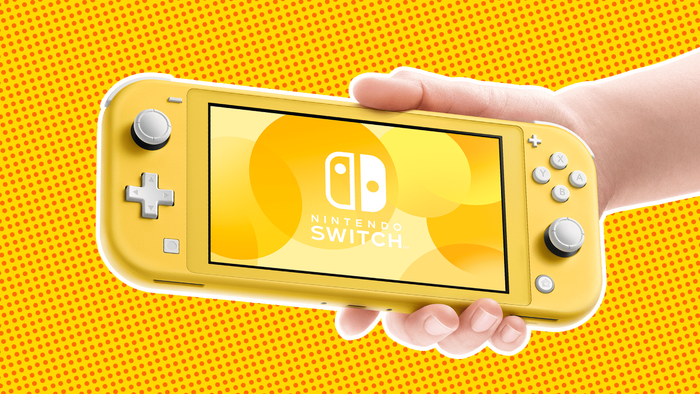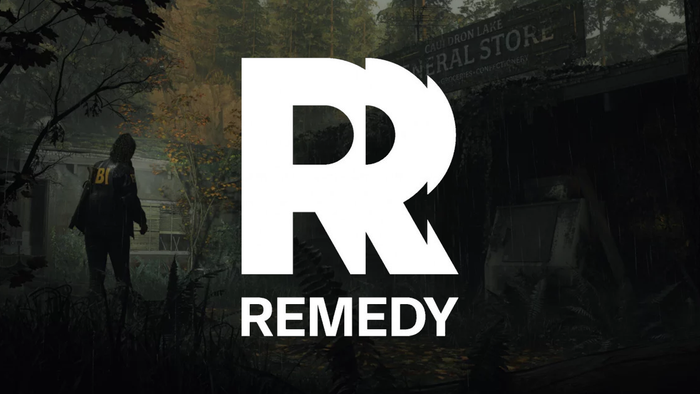
Featured Blog | This community-written post highlights the best of what the game industry has to offer. Read more like it on the Game Developer Blogs.
Why No Man’s Sky is lost on Hardcore Gamers - And why this could be great news
My thesis is, that the game’s design doesn’t fit the psychological needs of hardcore gamers. But this could be all but bad news for the potential success of the game.

Despite being a huge success, the long anticipated No Man’s Sky seems to struggle with a lot of players. User reviews on metacritic further show the division with a nearly clean 50/50 split.
tl;dr
My thesis is, that the game’s design doesn’t fit the psychological needs of hardcore gamers. But this could be all but bad news for the potential success of the game.
The game design book 21st Century Game Design by Chris Bateman and Richard Boon uses the Myers-Briggs Typology to define certain types of gamers and what they want from games.
What is the Myers-Briggs Typology?
21st Century Game Design describes it as follows:
“Myers-Briggs Typology is a scientific method of classifying individuals into sixteen different personality types, based upon their psychological preferences. These sixteen types are identified by denoting an individual’s preferred trait from four pairs of traits, and it is these pairs of traits which form the Myers-Briggs dichotomies.”
The dichotomies are:
Extraversion vs Introversion (E vs I)
These mental preferences are concerned with what has been termed “energy orientation”
Sensing vs Intuition (S vs N)
These preferences are concerned with how an individual takes in information
Thinking vs Feeling (T vs F)
These traits are concerned with how people make decisions
Judging vs Perceiving (J vs P)
These traits are considered to constitute an individual’s life management orientation
By answering a series of questions, you end up with a four character code that describes your trait e.g. ENTP (Debater). If you want to do a test to see what type you are, you can find a link at the end of the article.
The Book then continues to map the dichotomies above to gamers in the following aspects
How Games are played (E vs I)
Learning and Problem Solving (S vs N)
Motivation (T vs F)
Goal-Orientation (J vs P)
Challenge versus Fun (TJ vs FP)
So what does this have to do with hardcore gamers not liking No Man’s Sky?
The book has the hypothesis that hardcore gamers share the TJ type. Following this hypothesis, we can define what hardcore gamers want from games and see if the core gameplay of No Man’s Sky satisfies those needs.
TJ Needs | FP Needs | No Man’ Sky |
Thinking trait is associated with a focus on tasks to be completed and an acceptance of conflict as a natural state of affairs. The Judging trait is associated with goal orientation | The Feeling trait is associated with involvement in emotional states and subjective experiences. The Perceiving trait is associated with process-orientation and avoidance of difficult tasks | No concrete goals. Visit undiscovered planets as you see fit. An atmospheric, very chill game. |
Viewed through this model, TJ gamers (Hardcore), are bored faster by No Man’s Sky because they have no clear goals and thus have no satisfaction for their goal-oriented needs. The game offering no PvP elements also conflicts with their acceptance of conflicts.
Players with a FP trait are more motivated by the games encouragement to explore the universe on your own. Furthermore, they can improve their ways of gaining more resources and optimize their equipment, thus satisfying their process-oriented needs. Last but not least, they can enjoy a subjective experience with the moody soundtrack and the story snippets that leave a lot of room for personal interpretation. Also the goal-less freedom allows them to avoid difficult tasks and go for the(ir) fun.
Bottom line is, TJ gamers seem to hate the game, FP gamers seem to love it. Now we have a clue WHY players either do or don’t like No Man’s Sky.
Cool hypothesis bro’ - But is there at least any kind of evidence?
So let’s check if we can find any patterns that could suggest a TJ or FP bias for people that hate or love the game. Let’s do it quick and dirty by checking top rated negative and positive user reviews on metacritic (that say more than “Don’t buy this ******* game! WORST GAME EVER!” and where a screenshot wouldn’t be too big).
What could suggest that Enforcer122 is a TJ type is that he complains about “no quests”, and that “there isn’t anything particularly specific to do”. He then complains that “the complete lack of direction doesn’t help” and asks “what am I doing?” “Why am I doing it?” A clear indication for dissatisfaction of goal-oriented needs.
Luciella seems to have a TJ bias. She thinks “the game is boring to a fault.” because “there is no story or direction to really follow”. Also a sign of unsatisfied goal-oriented needs.
noquarter states “there’s nothing to do” and then “you fly to another world with another repetitive landscape and nothing to do”. This also hints to a goal oriented TJ bias.
As you can see, there seems to be some kind of pattern in negative reviews that supports the hypothesis. You can check more reviews for yourself.
Now let’s check if we can find some hints for a FP bias in the positive reviews.
A hint to Rozzm’s potential FP bias could be that he loves to “use your own imagination a bit” and “narrate your own story”. A clear sign of a strong subjective experience caused by the Feeling trait.
FranchuteKikito promises “you will completely forget the goal” and get “lost in pure exploration” and thinks the game is a “visual feast”. A sign he also has such a strong involvement in emotional states (FP bias) that he doesn’t care about anything else.
AllexandreDea shares his personal story in detail and mentions that he “forgot time”. The detailed story hints to a strong subjective experience that’s a clear FP bias.
So it seems like there are patterns in negative and positive reviews alike, that suggest that Hardcore Gamers, defined by a TJ bias, seem to struggle with No Man’s Sky because their needs are not satisfied from No Man’s Sky’s experience. We can also find clues, that No Man's Sky satisfies players with a FP bias.
Ok, but why shouldn’t this be important for No Man’s Sky’s success?
21st Century Game Design argues (in a way more detailed manner), that typical hardcore gamer personality types correlate with the main personality types making video games “in the old days” - the programmers. Thus, the predominant goal orientation in games doesn’t come by nature, but more or less by a incestuous loop: TJ type developers make games that reflect their biases, thus appealing most to people also with TJ biases.
But hardcore gamers still are evangelists and can help to get games more attention by their word of mouth and thus make them more visible for the mass market.
The book takes the story of “The Sims” which more or less came to more FP based players (the girlfriends of the hardcoe TJ gamers) by accident. After the growing popularity mass media picked up the game and gave it an even bigger popularity boost. Without appealing to the TJ biased hardcore gamers, “The Sims” is one of the best selling PC games of all time and also has a strong FP focus.
No Man’s Sky managed to get a huge amount of mass media coverage prior to launch with Sean Murray visiting the “Colbert Show” as one of the most popular examples. This means they have bypassed the hardcore evangelization hurdle before the game even launched and may have reached a lot of FP gamers upfront.
The book states that the focus on more FP biased games might be one of the most profitable unexploited markets. And No Man’s Sky’s massive launch success (second fastest PS4 game to date, most successful Steam launch 2016 to date) could proof that it really isn’t important that it’s lost on hardcore gamers.
So what is your opinion? Do you agree?
Oh, and here is the Link to the test. Will you like No Man’s Sky? :)
Read more about:
Featured BlogsAbout the Author(s)
You May Also Like













